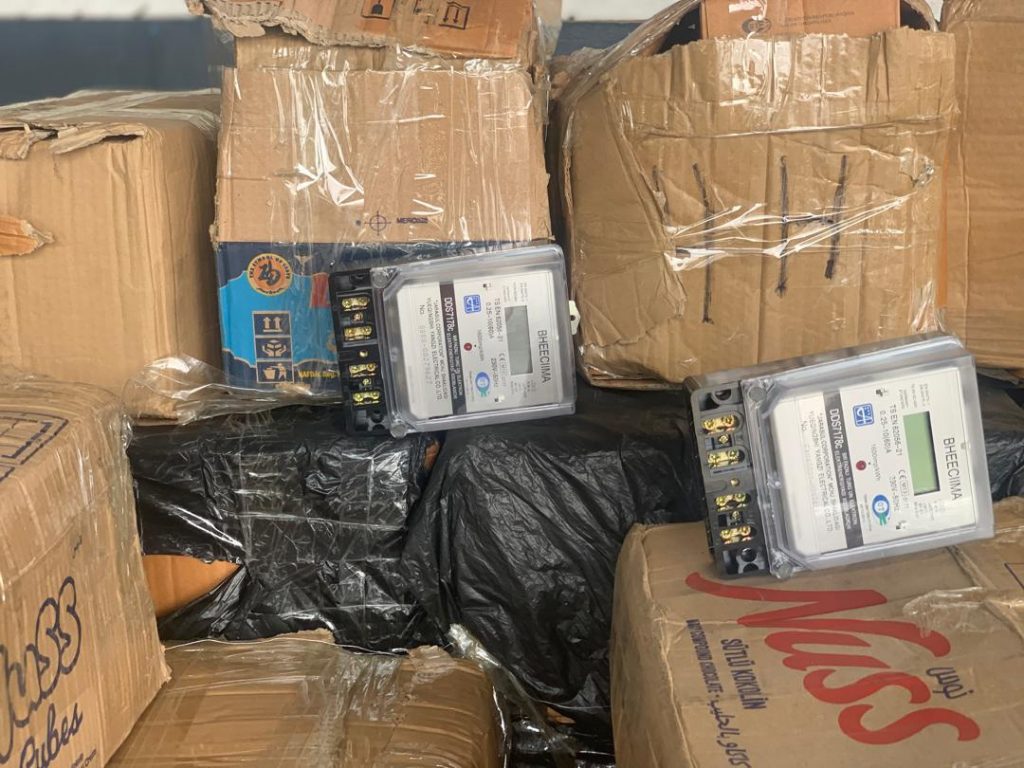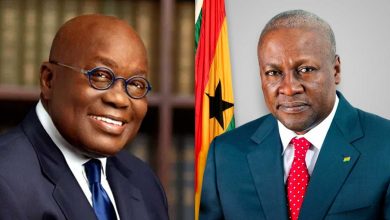ECG warns against illegal sale and purchase of fake meters

The Electricity Company of Ghana (ECG) has issued a warning to customers and the general public about the illegal sale, distribution, and purchase of fake meters in the Ashanti Region.
The power distributor expressed serious concerns about the proliferation of substandard meters in their operational areas and vowed to clamp down on such illegal activities.
This warning follows the recent confiscation of substandard meters at the Dabala Checkpoint during an inspection of a bus traveling to Kumasi from Aflao, and also at Tech Junction in a VIP Bus. Investigations revealed that these meters were being transported from Togo.

Mr. Maxwell Dapaah, the General Manager of ECG Ashanti-West, cautioned private individuals against installing electric meters without proper authorization from ECG.
He emphasized that meters installed without ECG’s approval would not be captured in the company’s system for billing and other commercial activities.
Mr. Dapaah highlighted the negative impact of this practice on the company’s commercial and technical operations.
He stated that it is illegal to import meters into the country or acquire meters from sources other than ECG and warned that legal actions would be taken against individuals attempting to infiltrate the network with fake meters, as well as those aiding them.
Mr. Dapaah also pointed out that meters installed by individual customers do not meet ECG’s specifications and are not tested and calibrated by ECG to comply with the requirements of regulatory agencies such as the Energy Commission and the Ghana Standards Authority.
This poses dangers such as fire outbreaks, overloading, and damage to transformers, resulting in prolonged outages and increased technical losses for the company.
He advised customers to avoid purchasing fake meters or dealing with unauthorized third parties, and to contact ECG directly for genuine meters.
He highlighted the Loss Reduction Programme (LRP) and Flat Rate policy, which provide various options to service customers who apply for meters through ECG.
Mr. Dapaah appealed to the general public to support ECG’s efforts to combat the proliferation of fake meters, which would enable the company to generate sufficient revenue to maintain a stable electricity supply chain.

He noted that users of foreign meters are not in the ECG database and consume electricity illegally without paying, which is unfair to paying customers.
He also mentioned that some customers distribute electricity to others illegally using these fake meters and substandard networks, posing a danger to life and property.
Mr. Dapaah urged customers to download the ECG PowerApp or use the short code *226# to settle all outstanding bills, ensuring a stable and reliable power supply.





